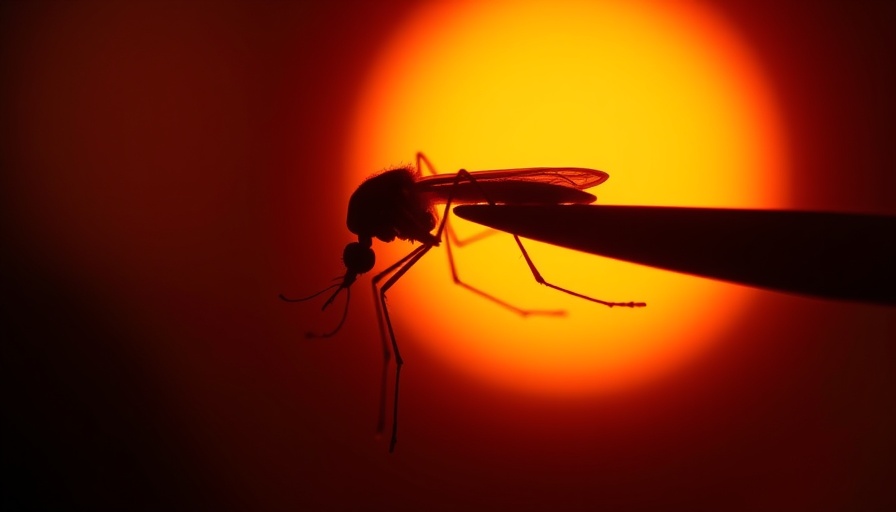
West Nile Virus Found in Boston Mosquitoes: What It Means for Residents
As the summer sun shines brighter, so too do the risks associated with mosquito-borne diseases. The Boston Public Health Commission (BPHC) has confirmed that two mosquito samples collected from West Roxbury and Hyde Park are the first this summer to test positive for West Nile virus. While these results raise concerns, officials stress that the transmission risk for humans remains low.
Understanding West Nile Virus and Its Symptoms
West Nile virus is typically spread to humans through infected mosquito bites. Most people exposed to the virus exhibit no symptoms; however, some may develop mild symptoms such as headaches, fever, and body aches, lasting anywhere from a few days to several weeks. Those aged 50 and above or with weakened immune systems face a greater risk of severe symptoms, which could include neurological issues and muscle weakness.
Precautionary Measures: Staying Safe This Summer
The BPHC has provided necessary guidelines to help residents avoid potential exposure. Dr. Bisola Ojikutu, Boston’s Commissioner of Public Health, advises using EPA-approved insect repellents—such as DEET—and wearing long sleeves, especially during the active hours for mosquitoes, which are typically from dusk to dawn. Residents are also encouraged to drain any standing water around their homes to curb mosquito breeding.
A Community Call to Action
While there are currently no confirmed human cases of West Nile virus in Boston, vigilance is vital. BPHC continues to monitor mosquito populations and encourages community engagement in preventive measures. Engage with your neighbors and participate in protecting our environment to reduce the impact of these pests.
For more information on West Nile virus and tips for prevention, visit the Boston Public Health Commission's website and stay informed about local health updates.
 Add Row
Add Row  Add
Add 




Write A Comment